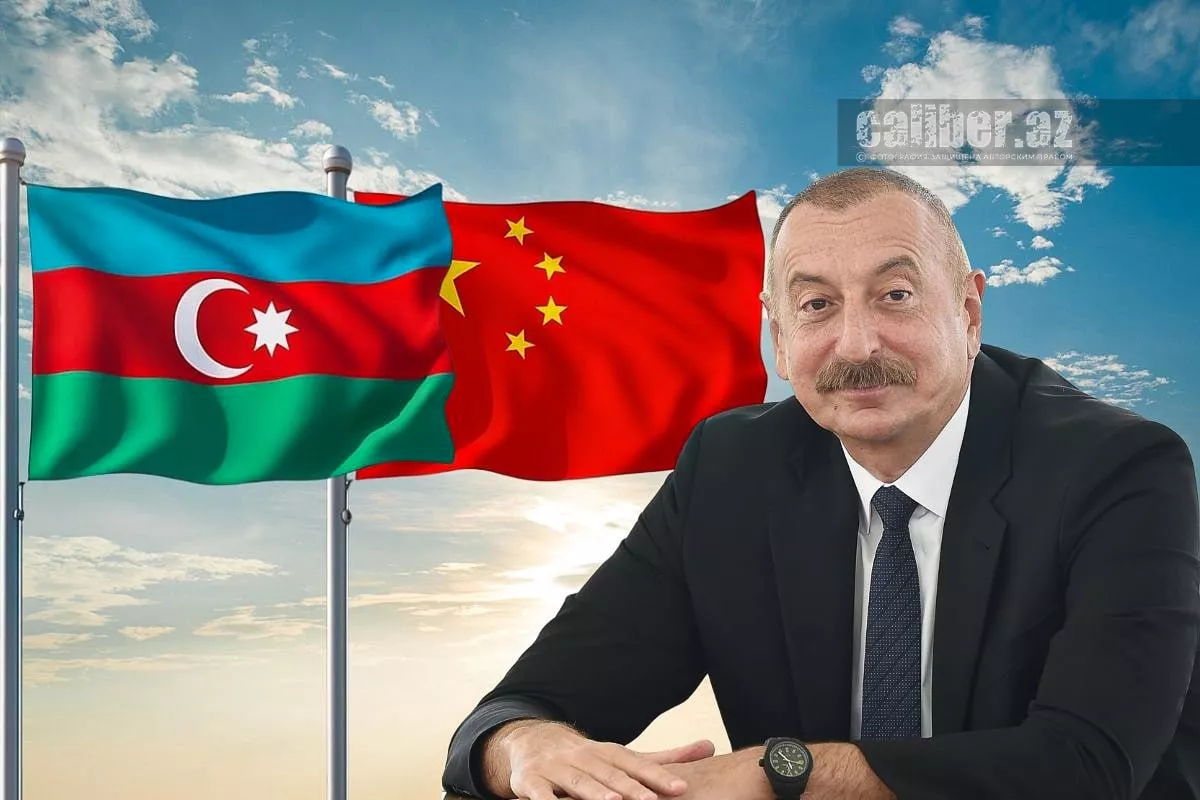SCO amid global turbulence China’s rise and new opportunities for Azerbaijan
At the meeting of the Council of Heads of State of the Shanghai Cooperation Organisation (SCO), a package of 20 strategic documents was signed, defining the organisation’s course for the coming decades. The most important among them is the Tianjin Declaration, which essentially sets new guidelines for international relations in the face of mounting global turbulence. The key provisions of this document reaffirm the principle of non-interference in internal affairs, the rejection of the use of force, and the emphasis on the need for joint efforts to counter security challenges and threats.
Of particular note is that India and Pakistan – two countries with a long-standing, deep-rooted, and unresolved conflict – are among the signatories. This naturally raises the question: “How can states that are in a state of de facto war be brought together within a single structure?” The answer lies in two dimensions.
On the one hand, this highlights the paradox of the SCO: the organisation aspires to unity and stability, yet serious contradictions exist within it. On the other hand, the SCO format provides a unique platform for dialogue, where even irreconcilable opponents sit down at the same table and search for compromises. What the outcome of this process will be, only time will tell.
More broadly, the adoption of the Tianjin Declaration reflects China’s growing role in global politics. Beijing is becoming not only a leading economic partner for SCO member states, but also a political centre of gravity, shaping new norms of conduct in the international system.
In particular, the establishment of the SCO Development Bank and the Universal Centre for Countering Challenges and Threats to the Security of SCO Member States are not just institutional steps, but also elements of China’s strategy for a “shared future for humanity.” In essence, the PRC is offering an alternative to Western financial and military-political institutions, consolidating its own leadership through multilateral mechanisms.
Moreover, the Tianjin Declaration enhances the SCO’s standing in the global system of coordinates. If in the past the organisation was viewed primarily as a regional discussion forum, it is now transforming into a fully-fledged decision-making centre. Development institutions, coordination in the field of security, and common political principles – all of these make the SCO a far more significant structure than it was just a few years ago.

It is important to note that although Azerbaijan is not yet a full member of the Shanghai Cooperation Organisation, many provisions of the declaration directly align with Baku’s policies. For example, the principle of non-interference in internal affairs is also one of the key tenets of Azerbaijan’s foreign policy, particularly in the context of relations with neighbouring states and international discussions on regional and global issues.
The declaration’s affirmation of the renunciation of force in international relations is another principle that Azerbaijan has consistently supported and promoted. The country has repeatedly demonstrated that the use of force for Baku is an instrument of defending sovereignty, not a means of expansion. Azerbaijan has only resorted to military action to restore its territorial integrity and sovereignty, without making claims to the lands of others.
Another important aspect is the development of transport and economic links. Here, everything is straightforward. The Tianjin Declaration strengthens the framework in which Baku has long been operating, serving as a vital bridge between East and West. It is worth emphasising that Azerbaijan holds a special place in China’s plans and, accordingly, in the strategic vision of the SCO, as it represents the central link of the Middle Corridor – the route connecting China with Europe via Central Asia, the Caucasus, and Türkiye.
Finally, against the backdrop of regional conflicts, Azerbaijan stands out as a country with stable state institutions and a predictable foreign policy.
Undoubtedly, the adoption of this declaration has the potential to revive and accelerate a number of initiatives in which the Republic of Azerbaijan plays a key role. Take the Trans-Caspian International Transport Route, for example – its development will receive an additional boost under SCO coordination, while the organisation’s Development Bank may serve as a source of financing for infrastructure projects in Azerbaijan.
Thus, the Tianjin Declaration reflects not only the consolidation of SCO countries in the face of global challenges. China is strengthening its influence, and the organisation is transforming into an important international institution. For Azerbaijan, this opens up new horizons – from attracting investment to reinforcing its transport and energy role. And there is no doubt that the country will make the most of these opportunities.








